
Revolutionizing Peptide API Manufacturing: Innovations for the Future of Biopharmaceuticals
The landscape of biopharmaceuticals is undergoing a transformative shift, particularly in the realm of Peptide API Manufacturing, driven by advancements in technology and innovative methodologies. According to a report by Grand View Research, the global peptide therapeutics market is anticipated to reach USD 52.7 billion by 2027, indicating a compound annual growth rate (CAGR) of 9.4% from 2020 to 2027. This rapid growth underscores the increasing demand for effective peptide-based therapies that address a range of medical conditions. As manufacturers pivot towards more efficient and sustainable production practices, the integration of digital technologies and data analytics is pivotal in optimizing peptide synthesis processes. The focus on "数字+Best 类型" emphasizes the importance of leveraging digital tools to enhance productivity, reduce costs, and ensure quality control in Peptide API Manufacturing. By embracing these innovations, the biopharmaceutical industry is poised to revolutionize the way peptide APIs are developed and delivered, ultimately improving patient outcomes and fostering a new era of therapeutic advancements.
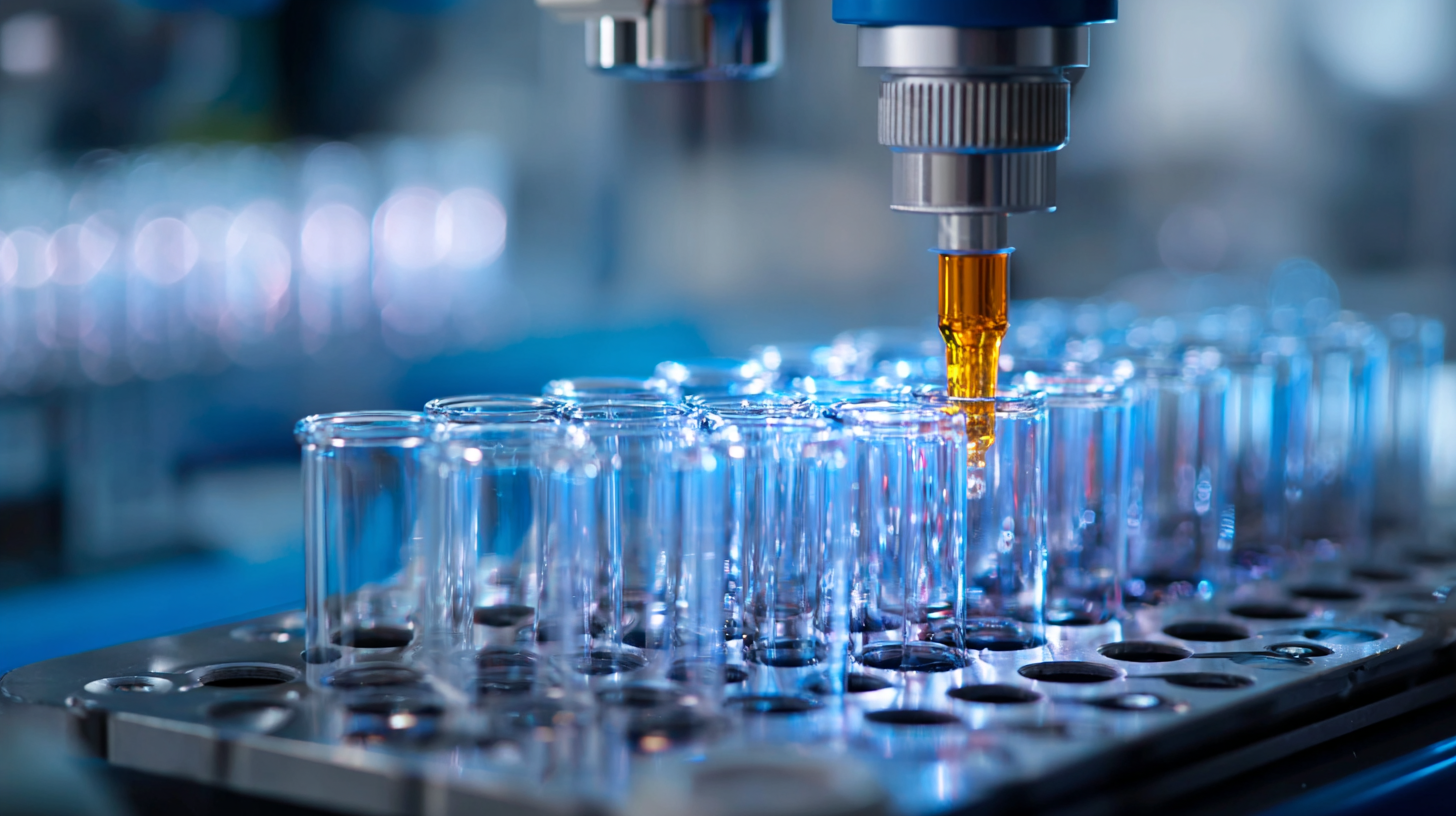
Innovative Techniques in Peptide Synthesis for Enhanced API Yield and Quality
The landscape of peptide API manufacturing is experiencing transformative advancements, particularly in synthesis techniques that enhance yield and quality. Solid Phase Peptide Synthesis (SPPS) is at the forefront of these innovations, with new methods emerging that completely eliminate solvent-intensive washing steps. This not only streamlines the synthesis process but also significantly improves throughput and reduces waste, making it a more sustainable option for peptide production.
Moreover, the growing market for peptide therapeutics highlights the necessity for efficient manufacturing processes. As the demand for complex peptide drug development rises, companies are increasingly outsourcing production to Contract Development and Manufacturing Organizations (CDMOs) capable of scaling up operations effectively. Continuous manufacturing techniques are also being integrated, enabling more reliable and faster production of synthetic peptides, thereby ensuring a steady supply for the burgeoning pipeline of peptide-based therapies. These technological advancements are crucial for meeting the expectations of quality and compliance in biopharmaceuticals, ultimately paving the way for a new era in peptide synthesis.
Impact of Continuous Flow Chemistry on Peptide Manufacturing Efficiency and Scalability
Continuous flow chemistry is revolutionizing the manufacturing processes within the biopharmaceutical sector, particularly in peptide synthesis. Recent advancements highlight the efficiency and scalability of continuous flow techniques, making them an attractive alternative to traditional batch methods. Continuous flow chemistry enables the seamless execution of multi-step organic syntheses, resulting in significant reductions in production times and costs. For instance, the combination of enabling technologies such as photochemistry with flow processes has led to novel methods for C-terminal α-amidation of peptides, enhancing the overall yield and purity of the products.
As reported in industry analyses, the global peptide synthesis market is anticipated to reach USD 1450.53 million, driven by the increasing demand for targeted therapies and custom peptide services. This growth correlates with the rising need for efficient processes capable of meeting production demands without compromising quality. The implementation of continuous flow strategies not only streamlines the downstream processes—including workup and purification—but also aligns with sustainability goals through the use of eco-friendly solvents and conditions, such as water-based reactions. These innovations serve as a catalyst for the future of peptide API manufacturing, paving the way for scalable, sustainable, and technologically advanced biopharmaceutical production.
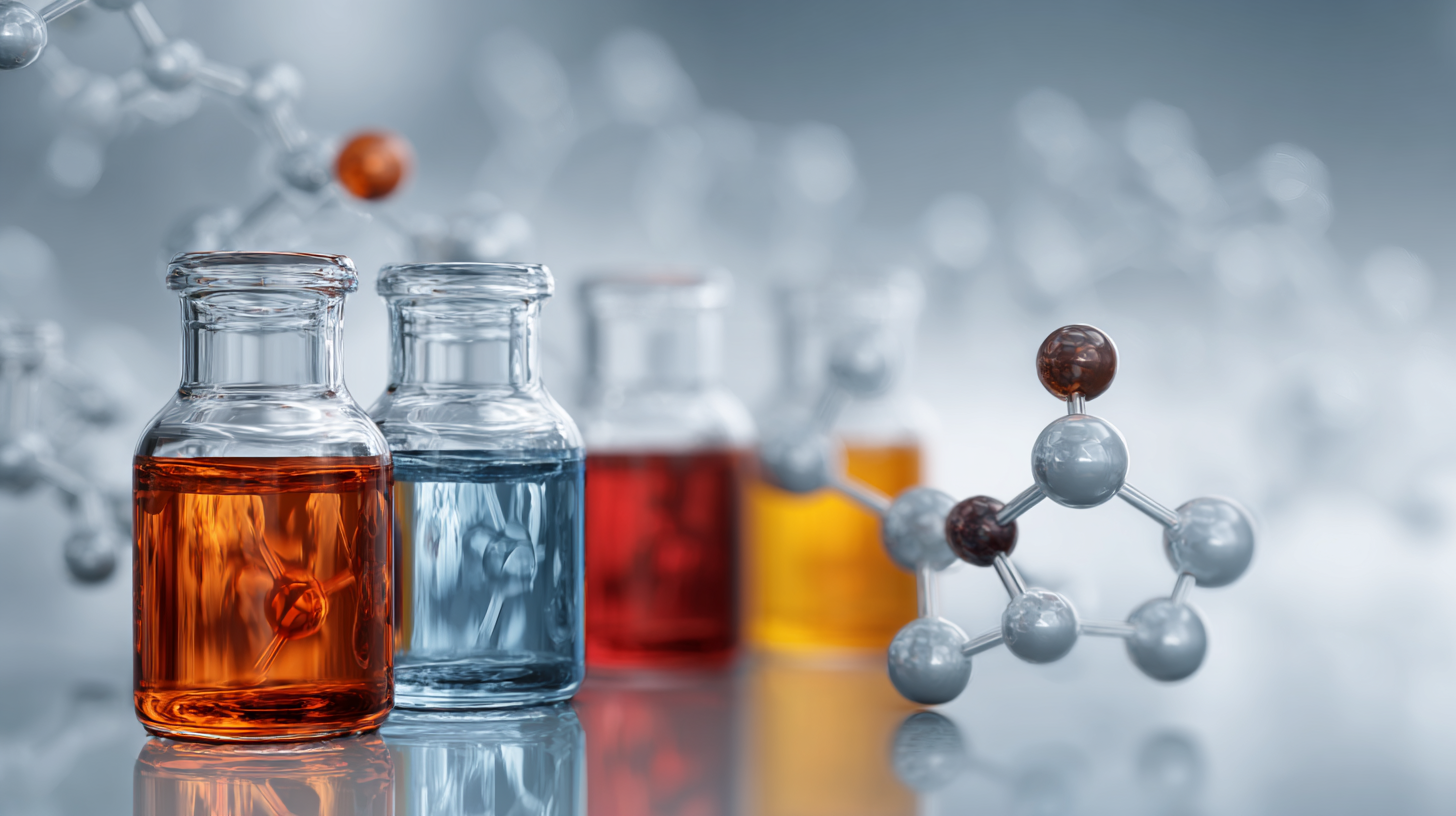
Advancements in Analytical Methods for Peptide Characterization and Quality Control
The quest for enhanced peptide API manufacturing has ushered in significant advancements in analytical methods crucial for peptide characterization and quality control. The complexities of peptide structures necessitate sophisticated techniques to ensure their integrity and effectiveness in biopharmaceutical applications. Techniques such as high-performance liquid chromatography (HPLC), mass spectrometry (MS), and nuclear magnetic resonance (NMR) spectroscopy have gained prominence, each playing a pivotal role in revealing the nuances of peptide composition and structure.
Furthermore, the implementation of cutting-edge technologies like chromatography coupled with tandem mass spectrometry (LC-MS/MS) has revolutionized the precision of peptide analysis. These innovative methods facilitate not only the identification and quantification of peptides but also ensure their purity and stability, which are vital for therapeutic efficacy. As the biopharmaceutical landscape evolves, the continuous refinement of these analytical techniques will be essential to meet regulatory standards and foster the development of safe, effective peptide-based therapies for a range of diseases.
Revolutionizing Peptide API Manufacturing: Innovations for the Future of Biopharmaceuticals - Advancements in Analytical Methods for Peptide Characterization and Quality Control
| Parameter | Description | Importance | Recent Innovations |
|---|---|---|---|
| Purity Analysis | Assessing the purity level of peptide APIs to ensure quality. | Critical for safety and efficacy of biopharmaceuticals. | Use of advanced HPLC techniques with mass spectrometry. |
| Sequence Verification | Confirming the amino acid sequence of peptides. | Ensures the correct therapeutic target is addressed. | Innovations using NMR and mass spectrometry. |
| Stability Testing | Evaluating the stability of peptides under various conditions. | Important for shelf life and storage conditions. | Implementation of stress testing methodologies. |
| Contaminant Detection | Identifying any impurities or contaminants in peptide products. | Essential for patient safety and regulatory compliance. | Adoption of advanced chromatographic techniques. |
| Quantitative Analysis | Determining the concentration of peptide APIs. | Critical for dosage accuracy. | Utilization of innovative mass spectrometry methods. |
Utilizing AI and Machine Learning to Optimize Peptide Discovery and Development Processes
The integration of artificial intelligence (AI) and machine learning into peptide drug discovery and development marks a significant advancement in the biopharmaceutical sector. By harnessing the capabilities of these technologies, researchers can optimize the exploration of peptide libraries, improving the identification of compounds with desired biological activity. For instance, machine learning algorithms have been employed to enhance the development of GLP-1 receptor agonists, which are pivotal in addressing diabetes and obesity, showcasing how AI can refine drug properties essential for therapeutic efficacy.
Furthermore, AI's influence extends to the design of peptide-drug conjugates (PDCs), which emerge as targeted therapies combining the strengths of small molecular drugs with peptides. The use of AI-driven design in developing PDCs not only streamlines the discovery process but also significantly enhances the precision of drug delivery mechanisms.
This paradigm shift in the pharmaceutical industry underscores AI's transformative role in advancing peptide-based therapies, paving the way for innovative treatments that can respond to complex health challenges.
Exploring Sustainable Practices in Peptide API Production for a Greener Biopharmaceutical Industry
The biopharmaceutical industry is undergoing a significant transformation, particularly in the manufacturing of peptide Active Pharmaceutical Ingredients (APIs). As the demand for sustainable practices grows, the focus on environmentally friendly production methods has become paramount. This movement is not merely a response to regulatory pressures but also a recognition that adopting green practices can enhance both efficiency and the overall footprint of production. Innovations such as green chemistry, waste reduction techniques, and biocatalysis are now at the forefront of peptide API manufacturing, paving the way for a more sustainable future.
Moreover, sustainability in peptide API production is about more than just environmental impact; it also underscores the importance of resource optimization and energy efficiency. Techniques like continuous flow manufacturing, which minimizes waste and maximizes product yield, are gaining traction. Companies are increasingly investing in research to develop novel methods that utilize less hazardous substances and produce fewer byproducts. By prioritizing sustainable practices, the biopharmaceutical industry can not only meet current market demands but also foster a healthier planet for future generations, ensuring that peptide therapies are both effective and ecologically responsible.
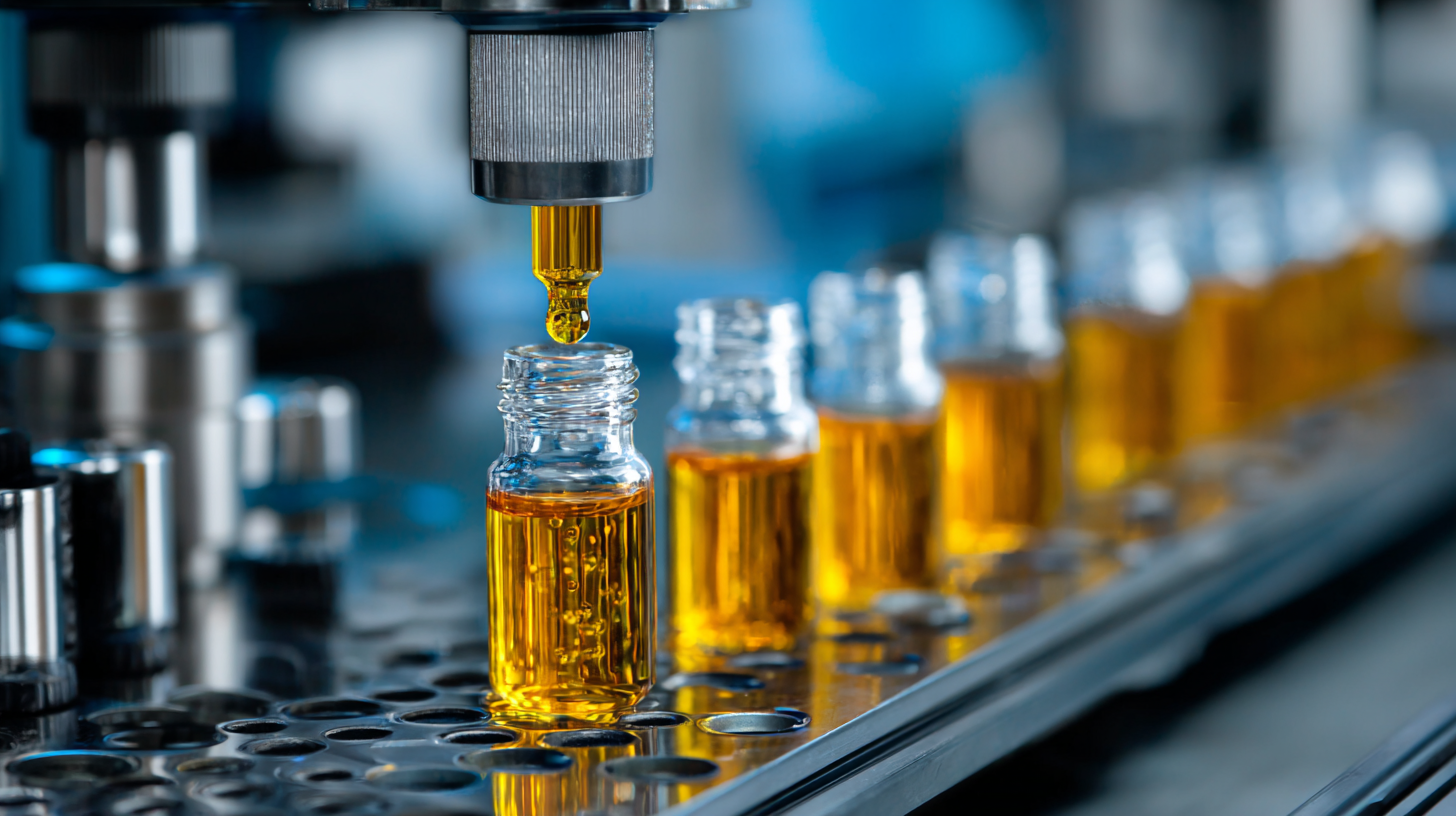
Related Posts
-

How to Effectively Scale Peptide API Manufacturing for Optimal Yield and Purity
-

10 Best Practices for Peptide API Manufacturing to Maximize Efficiency
-
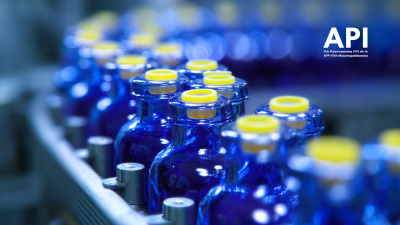
Maximizing ROI: The After-Sales Service Edge in Best Peptide API Manufacturing
-
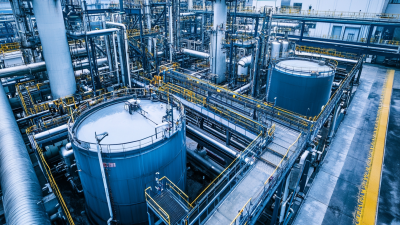
China's Resilient Growth in Peptide API Manufacturing Amidst US China Trade Tariff Challenges
-
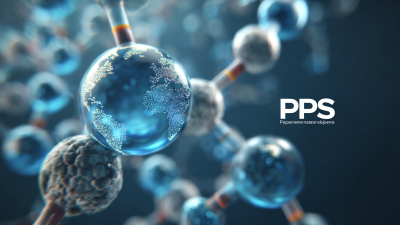
5 Reasons Why Best Peptide Materials Are Essential for Your Global Sourcing Strategy
-
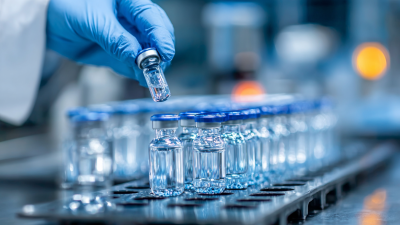
Ultimate Guide to Sourcing the Best Peptide Api Manufacturing for Your Business Needs
